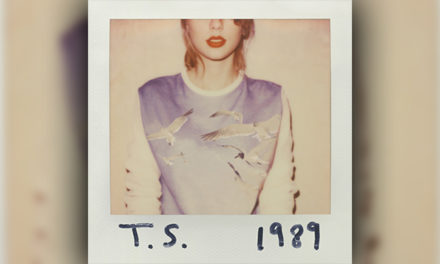When I first came to Emory, my relationship with food was evolving. As a freshman, I was careless in a sprawling city, my appetite at the mercy of a cafeteria that closed at 8 p.m. and ran short of food an hour earlier. The Dobbs Market, more often called the DUC, was the unfortunate gooey center of my culinary existence.
Now, there is hope for future Emory undergraduates.
Last week, the Dobbs University Center (DUC) tested new operating hours that kept the gates up until 10 p.m., instead of the usual 8 p.m. The kitchen also experimented with a “Premium Night,” during which students could have high-quality foods at the cost of one meal swipe, plus an additional $5.
I was skeptical when I heard “premium,” “DUC” and “additional $5” all in one sentence. And then when a DUC manager reportedly said that the food would be “higher quality than what you get at most restaurants,” I figured Pinocchio was running the entire operation.
Come Premium Night last Wednesday, I walked into the DUC at 6 p.m. only to discover that the special meals would be served between 8 and 10 p.m. Maybe I missed a sign or email, but that was news to me. Two hours later, with my ticket in hand, I found a line of students waiting in front of the grill station. A DUC employee was asking students for their names and how they would like their steak cooked.
Within 15 minutes, I had a 12 oz. N.Y. Strip covered in mushroom gravy and charred to a perfect medium-rare resting in front of me. The verdict? Nom.
Friends asked me whether the steak was worth the additional cost. As someone who once paid $80 for a bowl of soup, I sometimes question whether I’m the best person to make value judgments. But all things aside, yes – that steak was very much worth it, being as fine of a steak a meal swipe will ever get you.
A majority of those waiting in line ordered their steaks medium-rare. Good for them. But those who asked for well-done should reconsider their life choices. Ordering a steak well-done is like going to your prom wearing flip-flops and a Hawaiian shirt: it’s wrong and hurts everybody involved. To many chefs, cooking a steak well-done is masochistic. Why would anyone voluntarily grill (and probably burn) a piece of meat to the bone-dry end of its existence?
The DUC served Choice steaks, the second highest grade of beef under Prime according to the U.S. Department of Agriculture. It’s a good cut with enough marbling (fat) to be tender with minimal time on the grill. The bloodier, the better.
I have heard that members of the Food Advisory Committee at Emory (FACE) were happy with the trial run, and that Sodexo is now considering implementing Premium Nights multiple times a week. All the power to them. As a freshman, I watched my peers raid vending machines for Pop-Tarts. Others bought tubs of frosting and used their fingers as spoons. These people need help, and Premium Nights could give students the refined meal they need.
Moving forward, I have questions about variety and procedure. Michel Wetli, the DUC’s general manager and the chef who manned the grill, says that eggplant parmesan was offered alongside the premium steak option that night. But will there be a separate, premium vegetarian option? And if this Premium Night gets popular, can a cooked-to-order system work? For steaks in particular, the process could become a kitchen nightmare.
Nevertheless, I remain hopeful that these new hours and special meals become a regular part of dining at the DUC. The steaks were a strong start, and I hope the DUC can maintain the momentum. If not, we’re all doomed to more Pop-Tarts.
– By Evan Mah
The Emory Wheel was founded in 1919 and is currently the only independent, student-run newspaper of Emory University. The Wheel publishes weekly on Wednesdays during the academic year, except during University holidays and scheduled publication intermissions.
The Wheel is financially and editorially independent from the University. All of its content is generated by the Wheel’s more than 100 student staff members and contributing writers, and its printing costs are covered by profits from self-generated advertising sales.






